A new survey has found that 98% of California fast-food restaurants have raised their prices after the state’s $20 minimum wage law was signed by Governor Gavin Newsom, allowing it to officially go into effect on April 1.
Critics of this new minimum wage law have long warned that menu prices would rise as a result of paying more for labor. Now, this survey suggests this warning has occurred.
California’s Fast Food Law
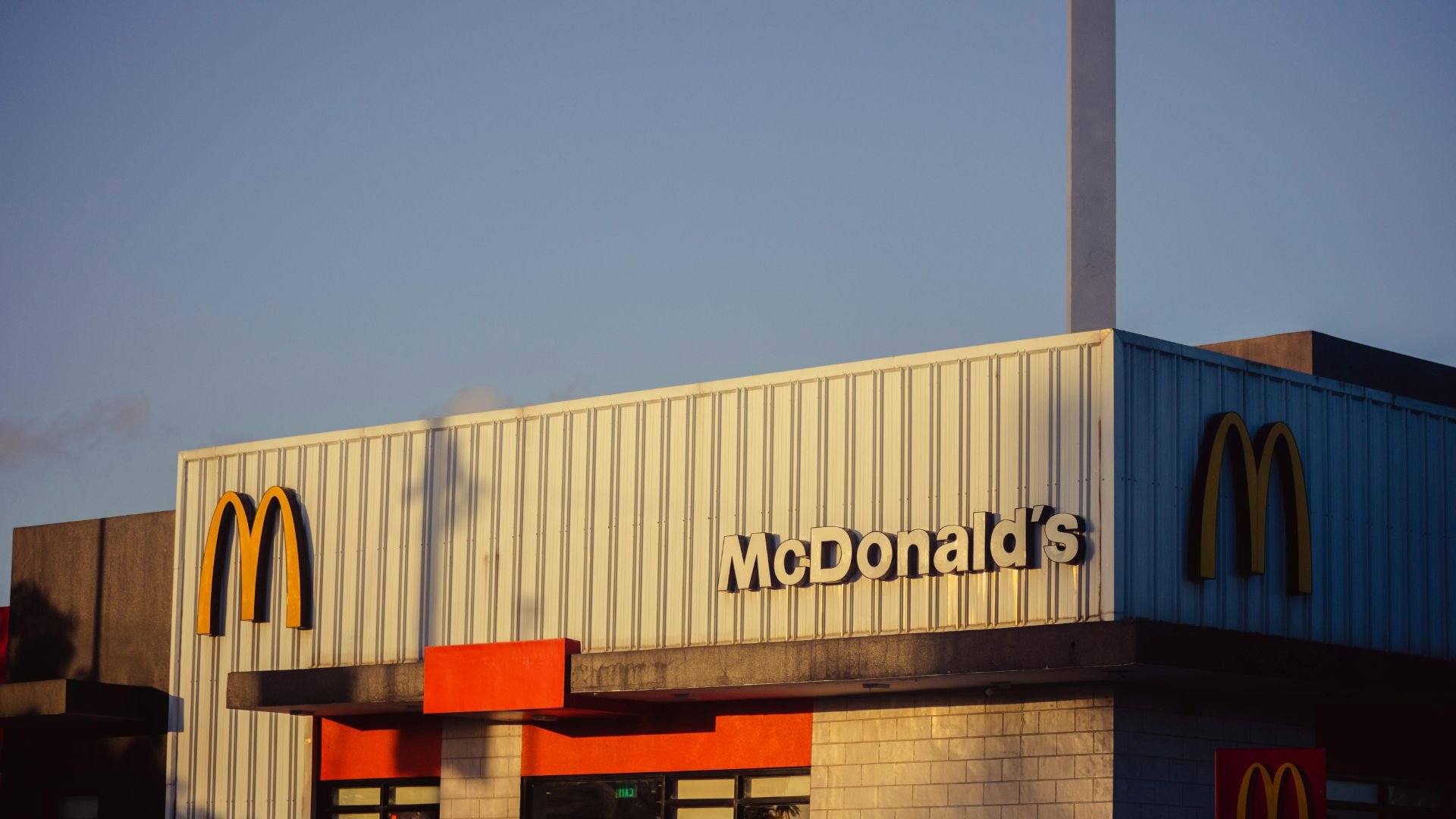
On April 1, California’s new fast food minimum wage law went into full effect — amid much controversy.
This law legally requires all fast-food restaurants within the Golden State to pay their employees at least $20 an hour. Only fast-food chains that have more than 60 locations nationwide are affected by this legislation.
A New Survey Studies the Effects of This Law
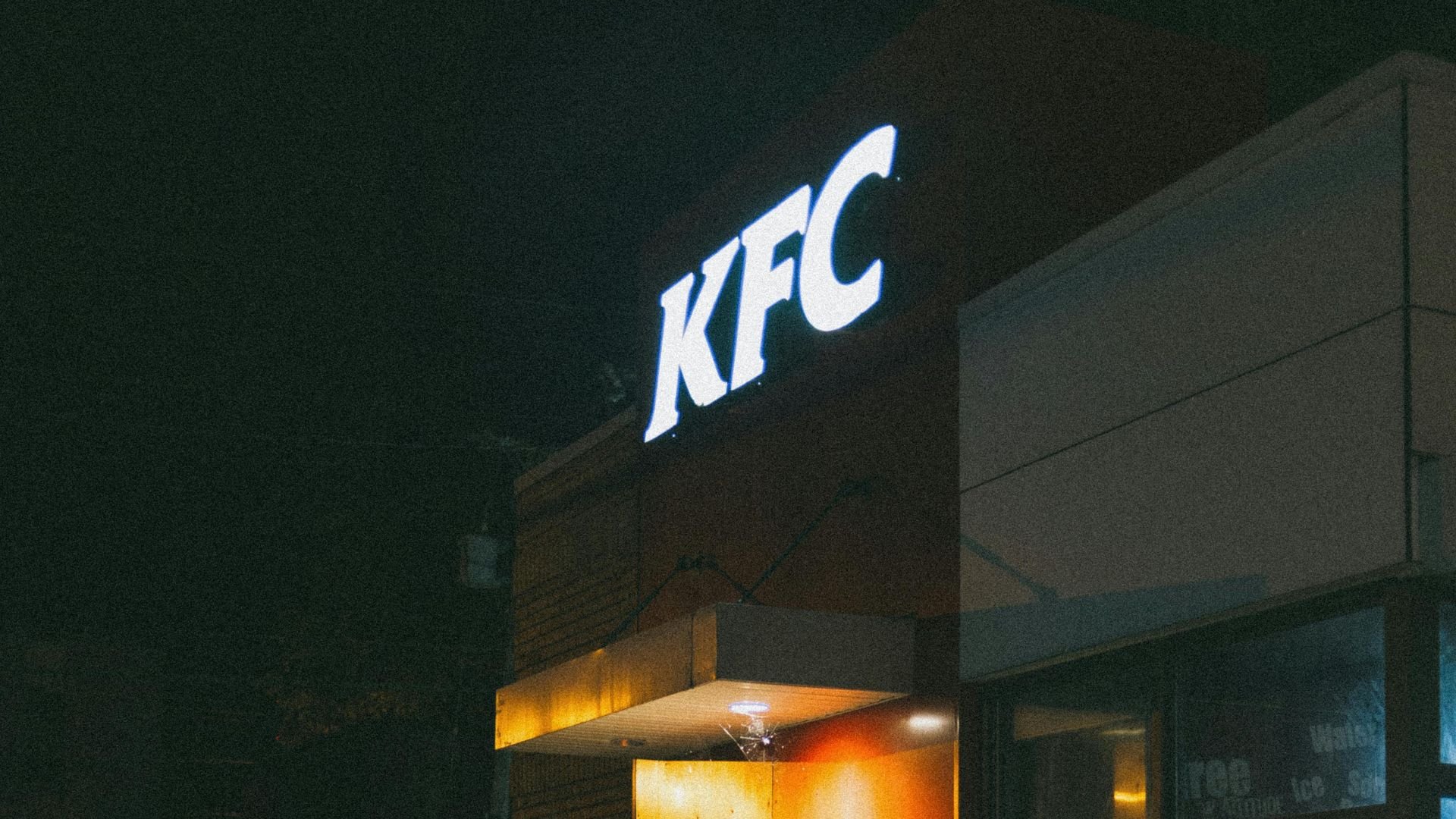
Now, a brand new study conducted by the Employment Policies Institute (EPI) has taken a look at how fast-food restaurants are faring under this new law.
The EPI is considered a nonprofit think tank. It is run by a restaurant industry lobbyist who has been against these California minimum wage increases.
A Costly Wage Increase

This survey looked at how this law has impacted 182 different fast-food restaurants in California. It found that many business owners have struggled to afford this new minimum wage.
According to the survey, 67% of fast-food restaurant operators stated that the wage increase will likely cost their business at least $100,000 per location. Meanwhile, one in four of those surveyed stated it would cost much more, around $200,000 per location.
Raising Menu Prices
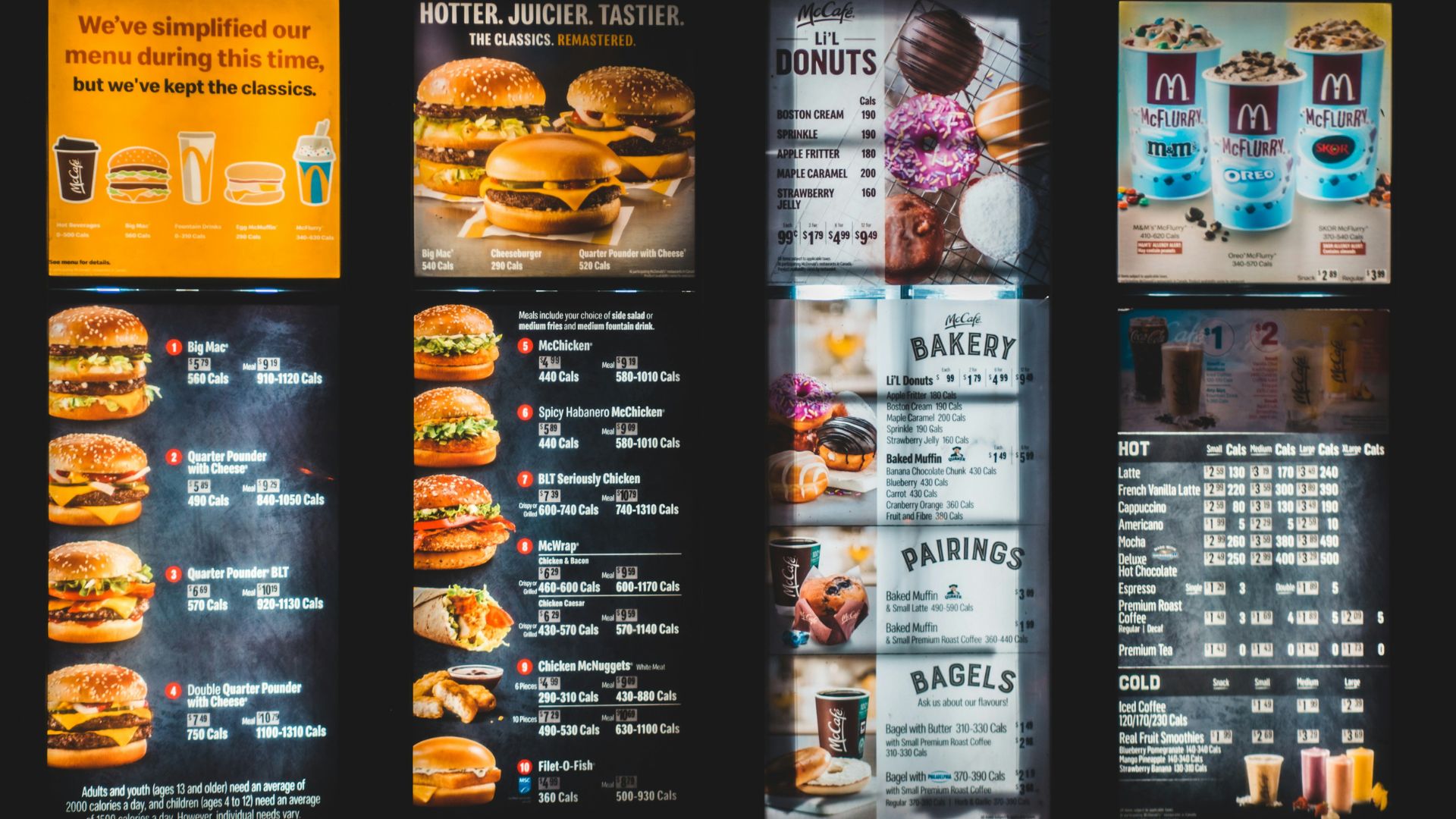
Critics of this legislation have been warning for months that they would be forced to raise their menu prices to make up for this new wage.
This study has revealed that many have done exactly this, as 98% of survey participants have claimed that they’ve already raised their menu prices.
Cutting Employee Hours
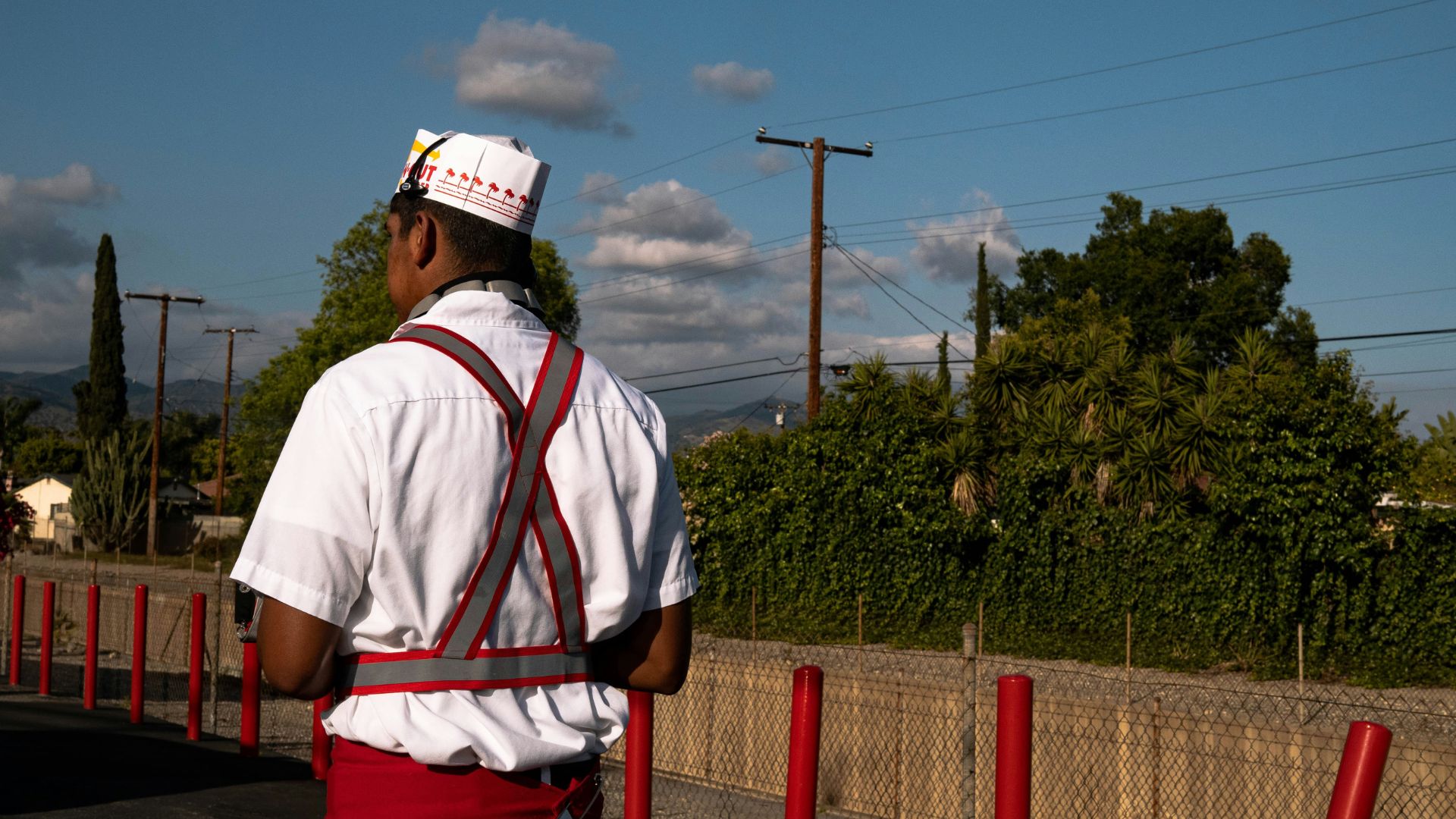
Fast-food restaurant owners aren’t just raising menu prices because of this minimum wage increase. This study has also revealed that many have reduced employee hours.
About 89% of those surveyed stated that they had cut employee hours. Meanwhile, 73% explained that they had limited pick-up or overtime opportunities for their staff.
Cutting Jobs
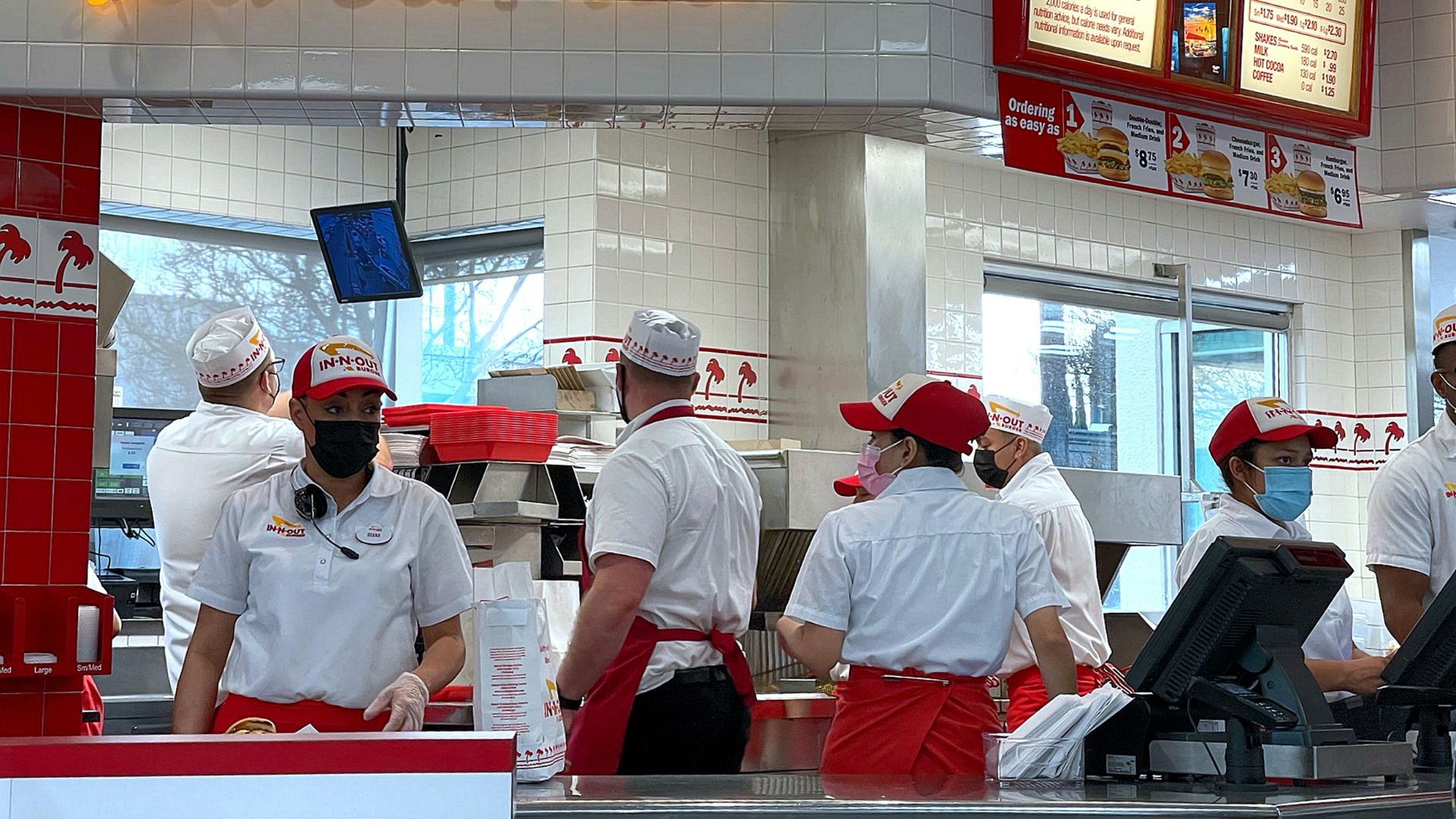
One of the biggest worries about this minimum wage has been how it could affect employment, as analysts didn’t want to see people lose their jobs.
This survey saw 70% say that they reduced their staff or otherwise consolidated positions at their establishments.
California Fast Food Prices Climb
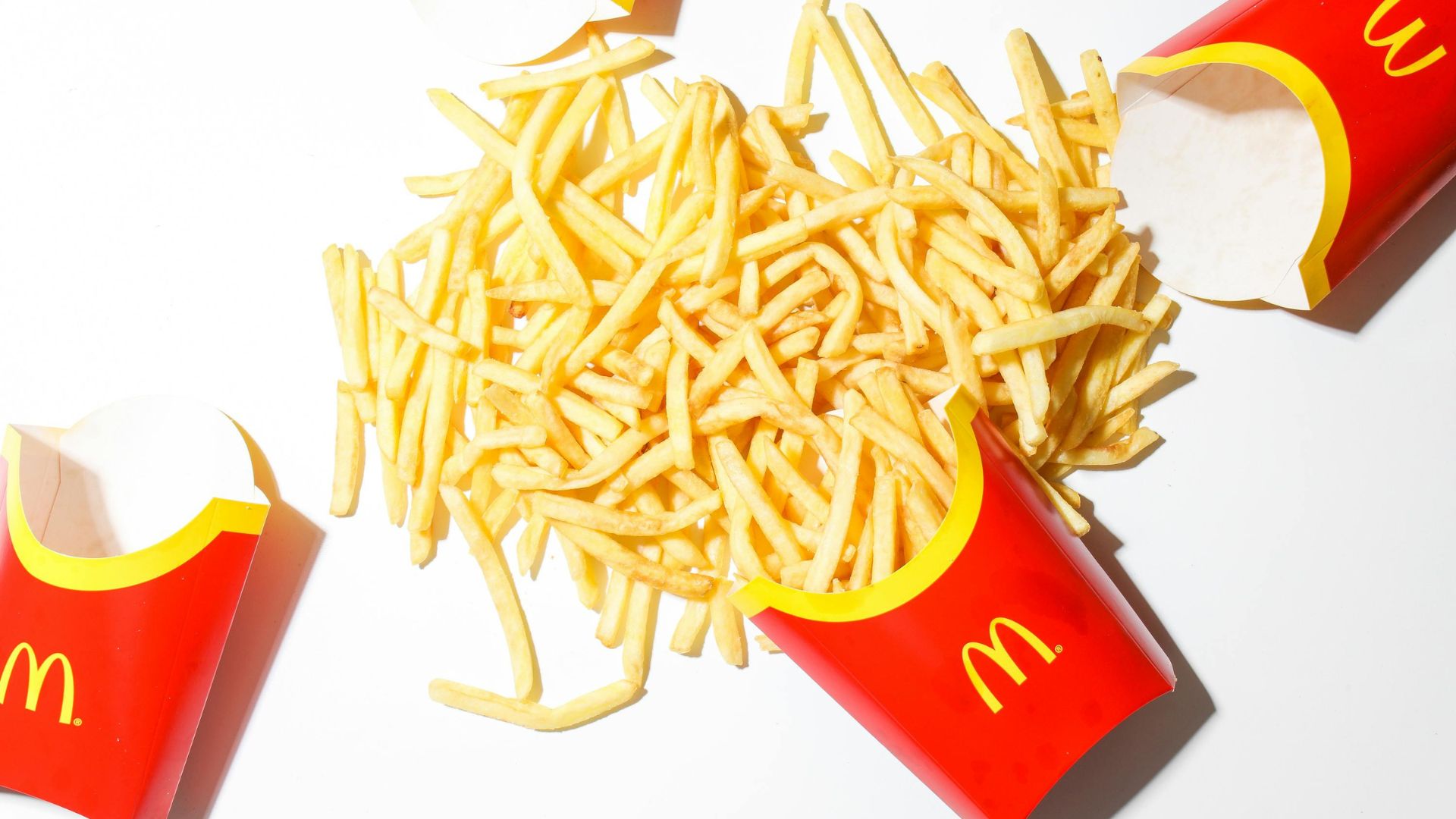
This survey isn’t too much of a surprise to analysts, as many fast food customers have claimed that fast food prices have skyrocketed in the Golden State recently.
Prices at fast food eateries were already high, thanks to California’s high cost of living and overall high inflation seen around the country. Now, this issue has only added to high menu prices.
A Slowing Down of Foot Traffic
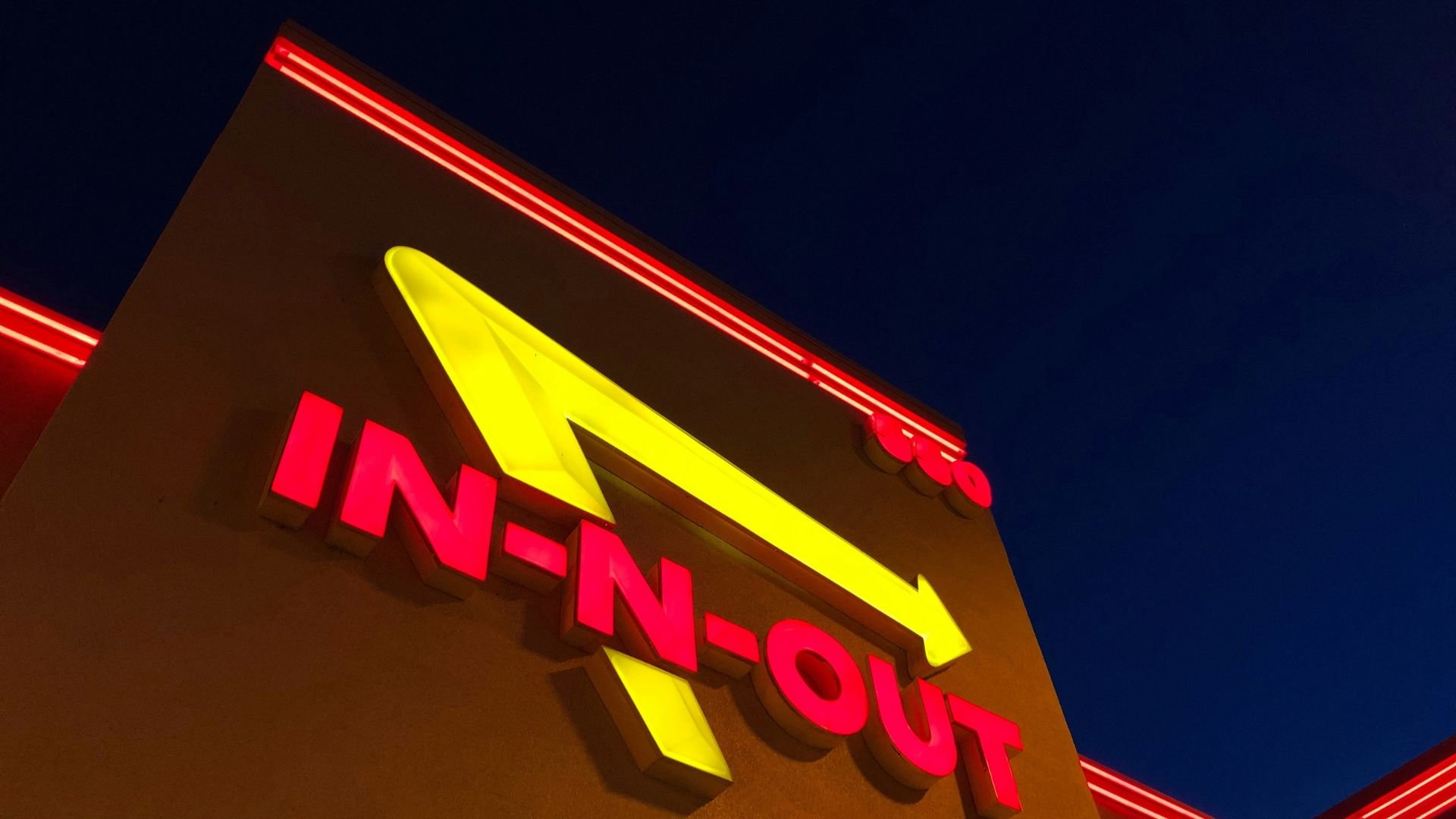
Fast food restaurant owners have warned that if they have to raise menu prices, they’re worried they’ll see a slowing down of foot traffic, as consumers won’t want to pay this much for fast food items.
This survey further showed that 92% have claimed that they’re concerned about slower foot traffic being seen at their establishments.
Fast Food Issues Around the U.S.
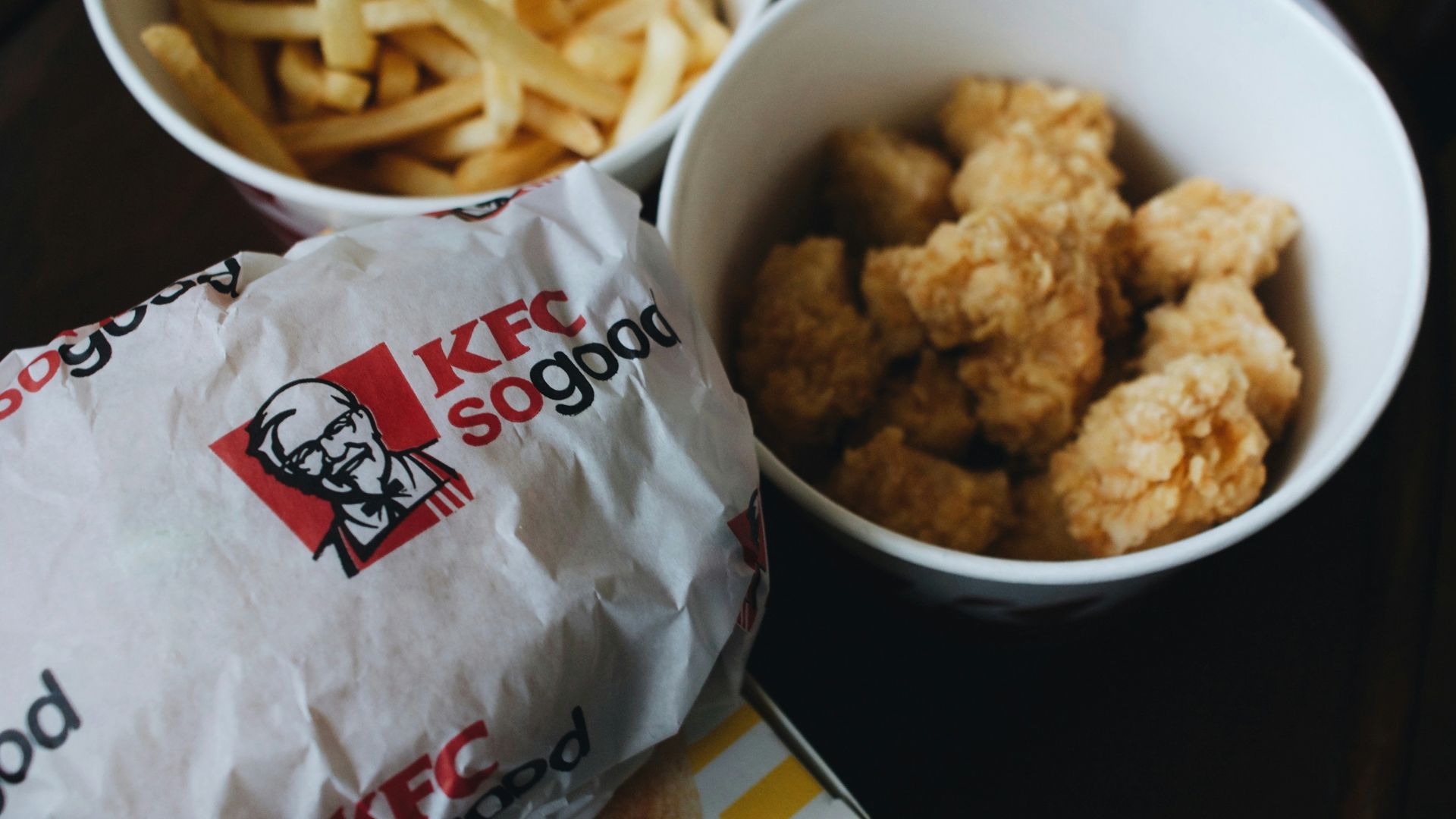
California isn’t alone in experiencing potential problems at its fast food locations. Americans have increasingly stopped going to eat at fast food places in recent months, as it has become too expensive for many.
Now, many Americans have stated that fast food is a luxury they can no longer afford.
California’s Business Problem

Many business owners in the Golden State have placed blame on Governor Newsom for this minimum wage law.
As a result, about 89% of those surveyed have claimed that they are now less likely to add any new stores in the state, thanks to how costly it has become. Instead, they’ll head elsewhere, to another state, with their business.
Newsom Hits Back at Critics
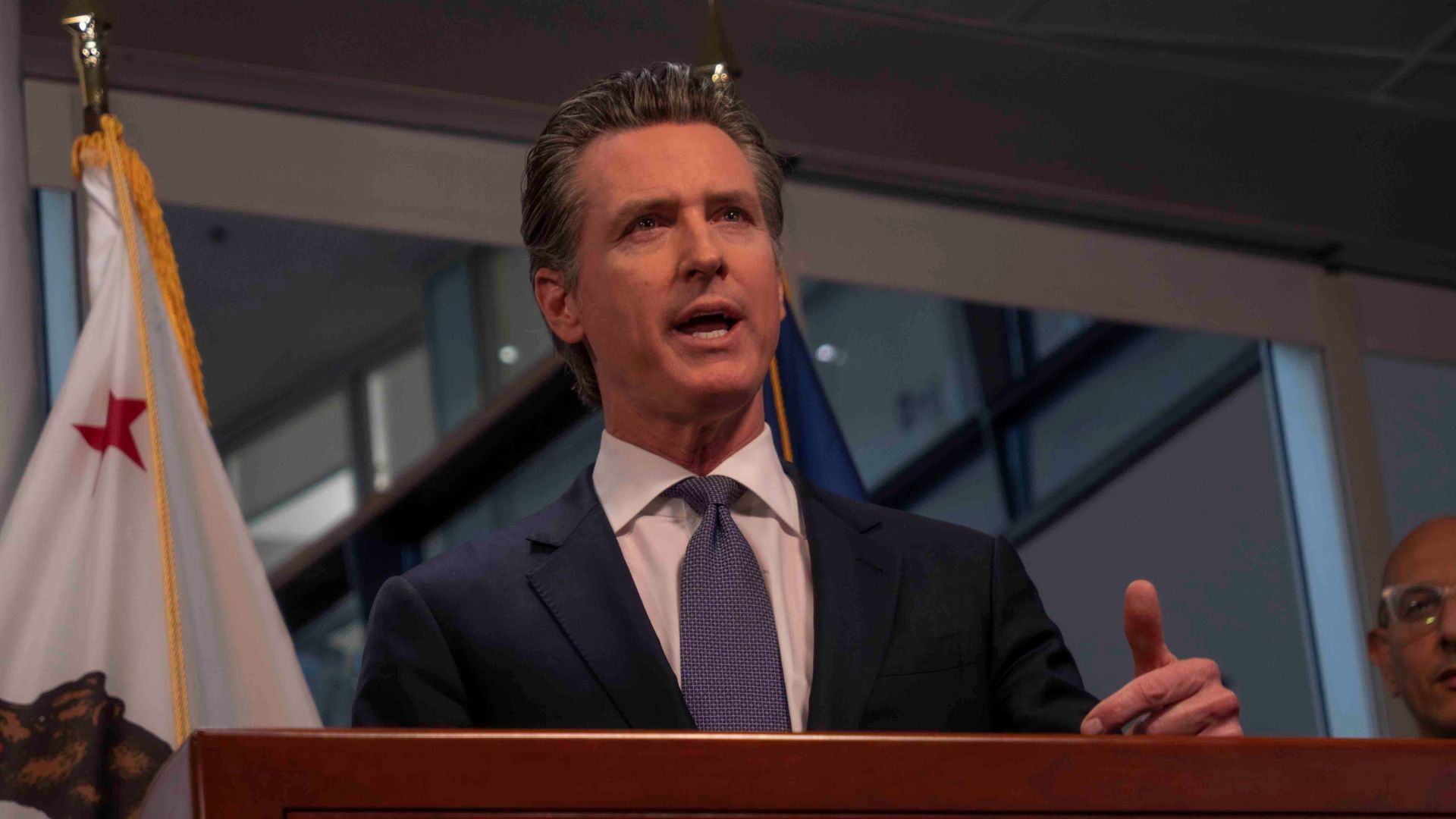
Newsom has pounced back at critics who have claimed this minimum wage law has hurt California or cost the state jobs.
According to the governor’s office, data shows that the fast-food industry has added thousands of new jobs from April to June.
